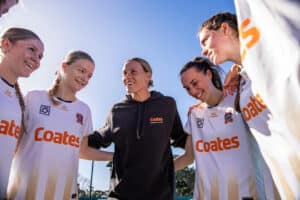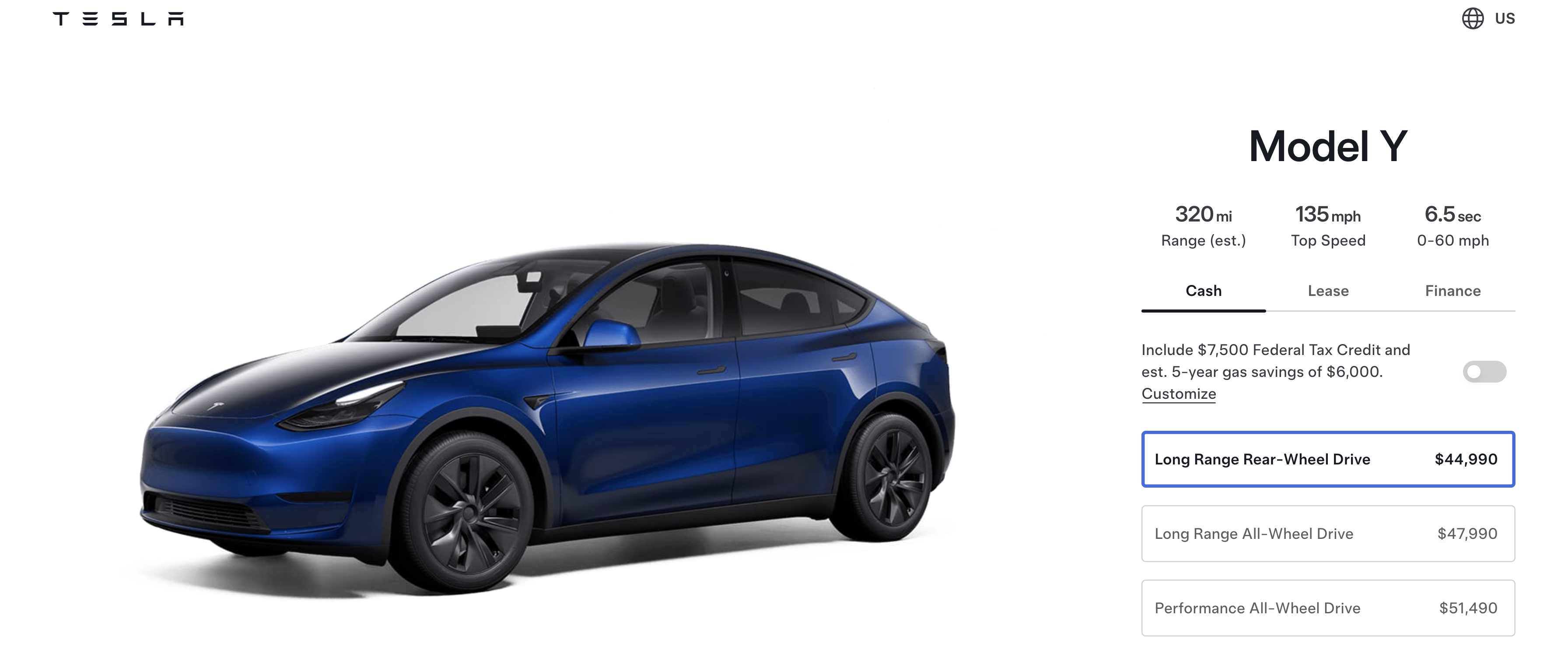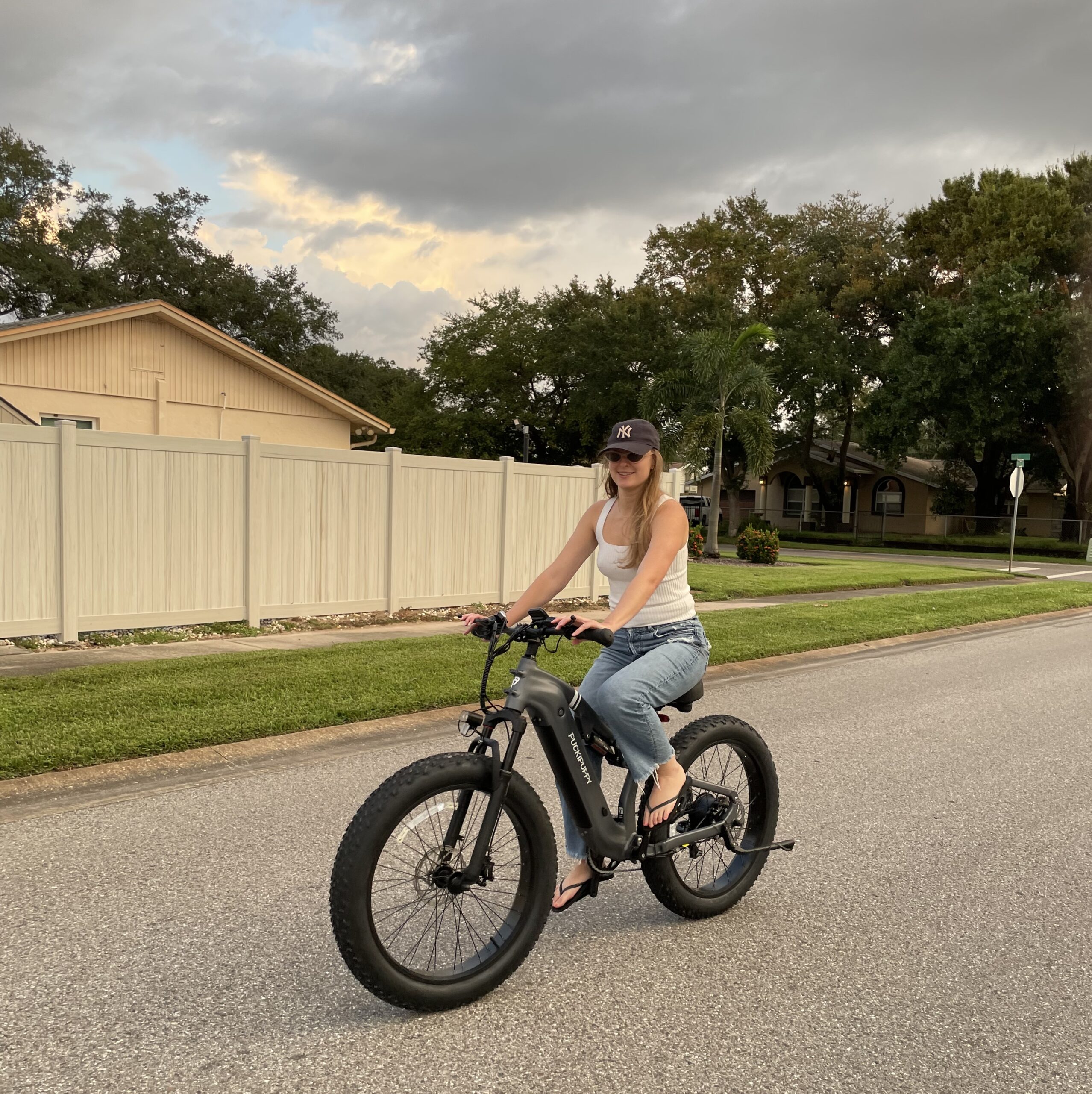Australian sport is undergoing a remarkable evolution, breaking through traditional gender barriers, and creating opportunities for women to shine. Can construction do the same? Coates ambassador and Australian professional footballer Emily van Egmond shares her insights into the lessons women in construction can learn from women in sport.
Matildas star Emily van Egmond shares Coates’ passion for empowering women. The company’s new ‘See It. Be It.’ initiative not only shines the spotlight on some of its amazing female employees, but also aligns with van Egmond’s belief in the importance of role models.
“Role models can help young women set and achieve their goals, often modelling the type of behaviour required to reach their goal, even if it’s in a totally different field,” she said.
Despite the lack of high-profile female footballers growing up – the men’s game dominated the airwaves so van Egmond aspired to play like Zinedine Zidane and Steven Gerrard – van Egmond said she was blessed with a supportive network in her corner.
“I was lucky to have so many good role models around me as a young player – keeping me humble and keeping my dream alive,” she said. “Which is why it’s important for me to now give back to young girls who are really wanting to be that next professional footballer and live their dream.”
But what makes a good role model? van Egmond suggested they should be inspiring and motivational.
“Good role models make the impossible seem possible,” she said. “I’m passionate about supporting women and showing them what is possible when you work hard, stay focused on your goals, accept feedback to continuously improve, remain open-minded, and be a good teammate.
“These are all important qualities that lead to success, on or off the field.”

But even role models need their own leaders, and vice versa. Whether in a sporting or construction context, role models don’t have to be heads of departments, captains, or coaches. They can be close friends, colleagues, or teammates who have already achieved certain goals. So how do leaders create a culture that enables people from all levels to step up and inspire others?
“Leaders play an important role in creating an environment where everyone can thrive and become their best, striving to achieve their personal goals, as well as the team’s goals,” van Egmond said.
“Each team member should feel like they’re being recognised for their contribution and are given the opportunity to develop personally and professionally.
“Whether you are in a workplace, or a professional athlete like me, the same approach applies. We all need the same support and encouragement to realise our full potential.”
Cracking into male-dominated industries
Of course, it can be easier said than done to carve out a career in construction where women still only make up 13 per cent of the workforce in Australia, and support and encouragement hasn’t always been the norm.
Progress is being made to close the gender gap – Coates, for example, has set a goal of 25 per cent female representation by 2025, with 22.6 per cent of roles currently filled by women, and is creating leadership pathways for women via its LEAP program. However, women remain underrepresented in leadership roles across almost all industries in Australia.
“Pleasingly though, there is positive change happening (in women’s football) with more women stepping up into head coach roles,” van Egmond said.
“I’ve loved playing under a female head coach at San Diego Wave for the past two years – and while I’m no expert on the construction industry, I know organisations like Coates are making great progress in attracting more women to exciting careers in construction.
“There are still challenges to work through to create a level playing field, but progress has been steady both in sport, and in male-dominated industries, to address some of the challenges.”
She also believes the success of the Matildas can be a catalyst for gender equality across industries.
“It’s pleasing to see women’s sport get the recognition it deserves,” van Egmond said.
“There has been a massive shift in the last five years, particularly in football. It’s only going to go from strength to strength and hopefully that inspires the next generation of female athletes to pursue their careers, and sends a powerful message to women considering careers in other male-dominated industries.”
Flourishing as women in the workplace
Embarking on a career in a male-dominated industry may seem daunting, but there are plenty of ways to get the most out of the opportunity.
van Egmond said resilience is key for anyone tackling adversity and inequality.
“My advice to women in construction is to stay focused, resilient and connected,” she said. “Build a strong support network, both professionally and personally, and seek out mentors and allies who can offer guidance and encouragement during challenging times.”
Having watched the growth and support for women’s football in Australia, as well as other sporting codes like the AFLW and Women’s Big Bash League, van Egmond hopes women around the country will feel empowered to tackle their own challenges.
“Breaking into any male-dominated industry or sport can be daunting, but I think it’s important to just have the confidence within yourself to give it a go and believe you can do it,” she said.
“Hopefully women can draw inspiration from women in sport in terms of our passion, determination and the importance of self-belief.”
This confidence will likely be met with the occasional doubter who fails to see women in sport or construction as equal, so it’s important to know how to handle such bias in the workplace.
van Egmond suggests that actions speak louder than words when it comes to doubters.
“By demonstrating our commitment, consistently delivering results, and refusing to be limited by others’ perceptions, we can challenge stereotypes and pave the way for greater inclusivity and recognition of women’s contributions in sport, construction and beyond,” she said.




